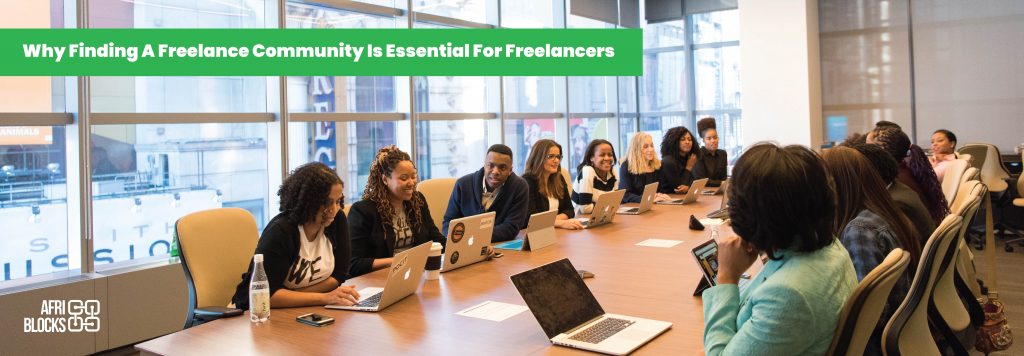
AfriBlocks Network
First of all, don’t panic. Right now, we are talking about a what-if situation. While most indicators reflect that we might be on the brink of a global recession, we are not there yet. However, it is good to prepare for a recession as the economic signals seem to indicate that we are bound to enter into one. The last global recession was experienced beginning in December 2007 and it lasted until June 2009, with 2008 being the worst of that period.
A global recession and its effects on the job market
A recession is a decline in economic activity, and the shrinking of the economy, which lasts for several months or a couple of years. Some of the defining factors of a recession include negative GDP, rise in unemployment, reduction in manufacturing, and reduction in general income, among other factors. Experts say that recessions are an unavoidable part of economics and that every country will experience periods of recession regularly. Sometimes, a recession is global as the global economy takes a tumble.
Currently, the possibility of a recession has been fed by the following factors:
- The covid-19 pandemic slowed down economic growth in several countries across the world.
- An increase in the cost of living due to disruptions in global supply chains
- High demand for oil and gas due to uncertainties fueled by the conflict between Russia and Ukraine.
- A rise in the cost of food due to increased cost of production.
What a global recession means for freelancers
Generally, a recession means that companies have limited budgets as they try to decrease spending to match their reduced income. In some cases, companies might have to let go of staff, have stagnant wage bills, and employ other cost-cutting measures. Due to these reasons, unemployment is expected to rise during a recession. Does this mean that freelance work also becomes less accessible? Not necessarily.
The 2007 – 2009 global recession left a few pointers for freelancers regarding what could possibly happen in the industry during and after a period of economic downturn. Here are 5 things that happened around freelancing due to the last global recession we experienced:
- The number of freelancers increased by 12% between 2008 and 2011, with most of the increase happening in fields involving media, marketing, and sales.
- There was a 69% increase in the number of skilled female freelancers citing flexibility, liberty, and more control over their own time as factors that pushed them towards this mode of work.
- Companies increased their hiring quota for freelancers as they shifted towards hiring contract workers over permanent employees.
- More skilled workers resorted to freelancing as gigs provided higher rates of payment in comparison to wages that had stagnated.
- The period saw a growth in the number of freelance platforms in existence as more skilled workers sought opportunities across the globe.
According to the facts from the last global recession and it’s aftermath, it’s not all gloom for freelancers. The covid-19 pandemic forced an increase in the use of remote workers, and by extension, freelancers. While the economy will generally be in the doldrums, the gig economy can be the answer for both employers and freelancers. Companies will have to pay for the particular service they need, while freelancers will have opportunities as gigs become available.










